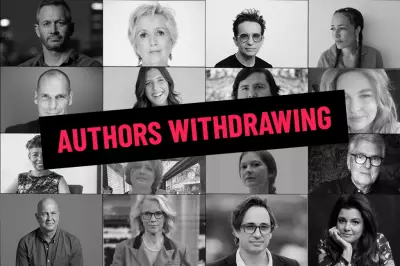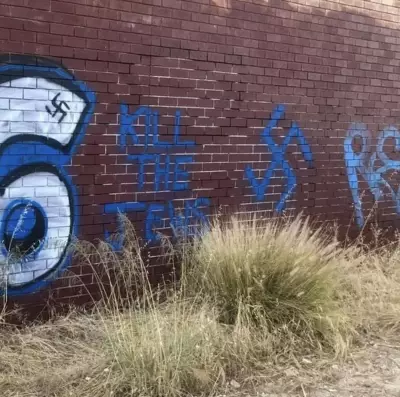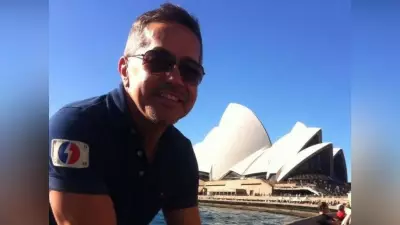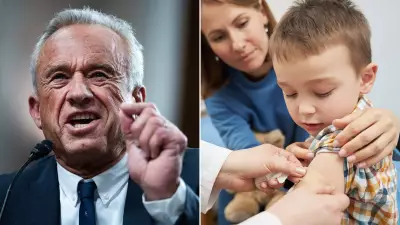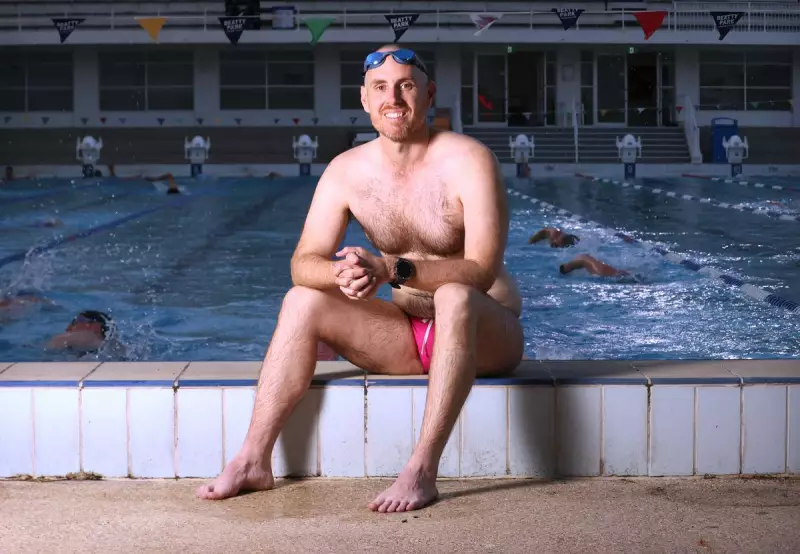
Perth's LGBTQIA+ community is confronting a disturbing surge in homophobic abuse and violence, with prominent figures describing daily exposure to what they call "vile" and "putrid" hatred. This alarming trend emerges as the city prepares for its annual Pride festivities, with new research confirming a nationwide reversal in attitudes toward homosexuality.
Alarming Data Shows Backslide in Social Progress
Market research firm Roy Morgan has tracked Australian attitudes toward homosexuality since 2000, when 36% of Australians considered homosexuality immoral. This figure dropped to a record low of 18% between 2018 and 2020 following the successful same-sex marriage plebiscite. However, in a worrying development, the percentage has since increased to 21% by 2024-25, marking the first sustained rise in over two decades.
Former AFL coach and West Coast Eagles player Danielle Laidley told The Sunday Times that despite progress, significant challenges remain. "I've come a long way, we still have a long way to go," she said. Laidley revealed receiving multiple death threats on social media over the past two years, including one terrifying incident where a shirtless, aggressive man approached her Uber and threatened to kill her with a knife.
While confident in her own resilience, Laidley expressed deep concern for younger community members. "I can pick it up pretty quickly when people are being degrading or making derogatory comments," she said. "I just don't give them the time of day now. I'm older and I'm very happy in my skin but I do get concerned for younger people who are still finding their way."
Community Leaders Speak Out Against Escalating Abuse
The impact of rising homophobia extends beyond personal safety to essential services. Curtin University public health expert Jonathan Hallett warned that discrimination is driving many LGBTQIA+ people to avoid mainstream healthcare. "When LGBTIQA+ people avoid healthcare due to discrimination, treatable conditions become crises," he explained. "This isn't about special treatment, it's about removing barriers to essential healthcare."
Housing and Planning Minister John Carey experienced this hatred firsthand when he faced immense homophobic backlash after promoting a Pride Family Picnic and dog show on his Facebook page. The abuse became so severe he was forced to delete the post. Even after replacing it with a simple photo of himself with a dog, one commenter accused him of bestiality.
"Enough is enough. I'm calling it out," Carey declared. "It's very different from political discourse. I don't mind if someone writes that they disagree or makes a judgement about my performance. I cop it. But when it creeps into this just foul, homophobic, gross behavior, you can't just remain silent."
Physical Violence and Online Hate Create Climate of Fear
The Perth Rainbow Swans, the city's only LGBTQIA+ specific masters swimming club, reported similar experiences when advertising their Pride event at Beatty Park. Club president Daniel Boland noted that people were reacting with anger and sadness emojis to their Facebook promotions, something that wasn't an issue during last year's event.
Meanwhile, the community faces genuine physical threats. Five teenagers were jailed earlier this year for a series of sickening attacks on five gay men in Perth. The attackers used the dating app Grindr to lure victims to a park, where they assaulted them with machetes, knives, metal poles, crowbars, tasers, and pepper spray.
Rainbow Futures WA chief executive officer Misty Farquhar confirmed these aren't isolated incidents. "We know anecdotally that gay/bisexual men are being targeted on dating apps and trans women, and other gender diverse people, are being physically assaulted," Dr. Farquhar said. "This is not new, but it's on the rise and there is genuine concern within the community about it worsening."
Pride WA chair Michael Felix attributed the increase in targeted hate to extreme right-wing ideology, noting that transgender people, First Nations people, and people of colour within the community face particularly high risks.
Despite the concerning trend, WA Police Hate Crimes Unit Detective Superintendent Ricky Chadwick noted that public commentary remains more prevalent than physical assaults. "A lot of people have had adverse experiences in the public domain," he said. "Not so much through physical assaults, but the typical grubby, horrible, harmful, hurtful commentary in public spaces. No one should be subject to horrible abuse, it's not right."
As Perth's LGBTQIA+ community navigates this challenging landscape, leaders are issuing renewed calls for allies to stand up against hatred and for social media platforms to take stronger action against online abuse.

